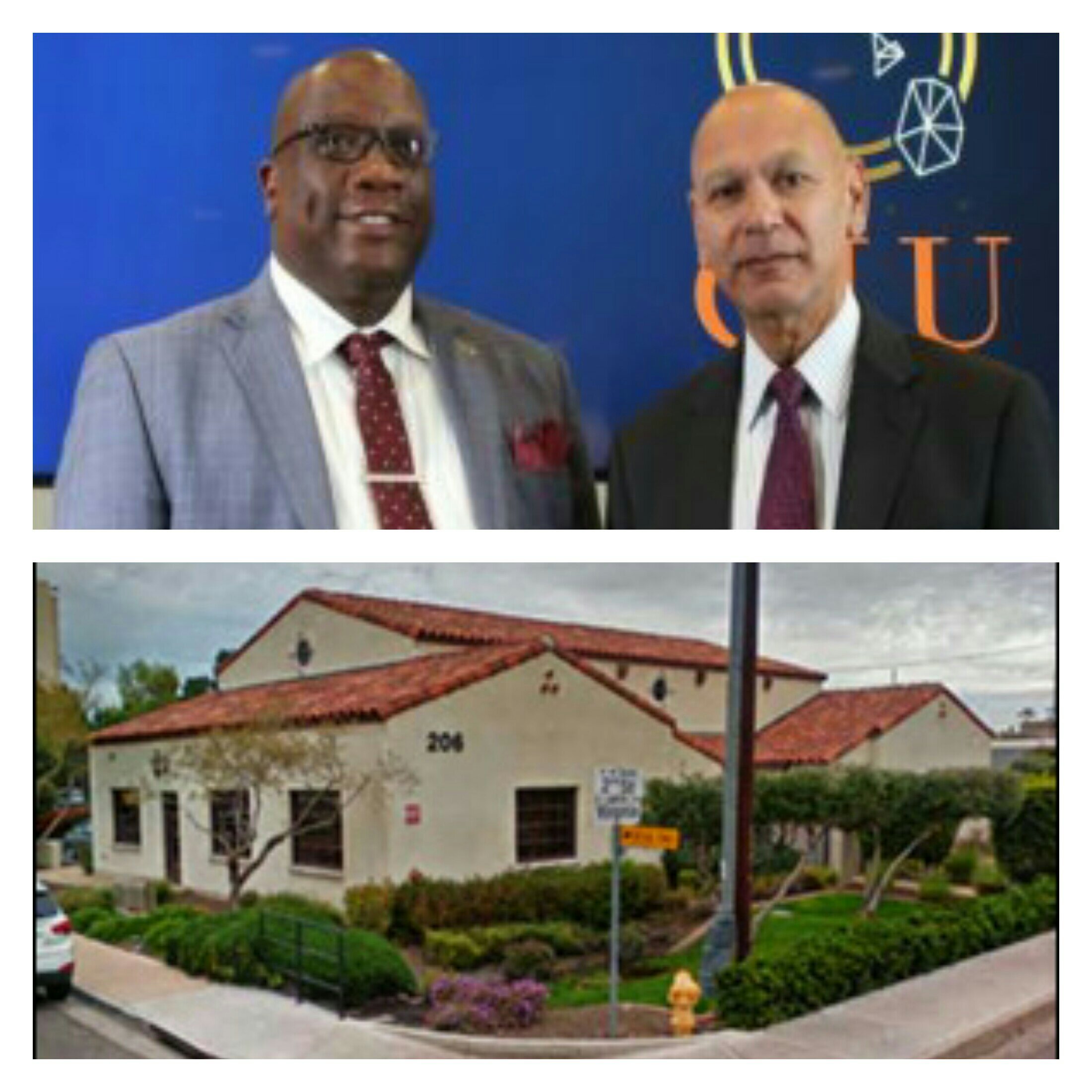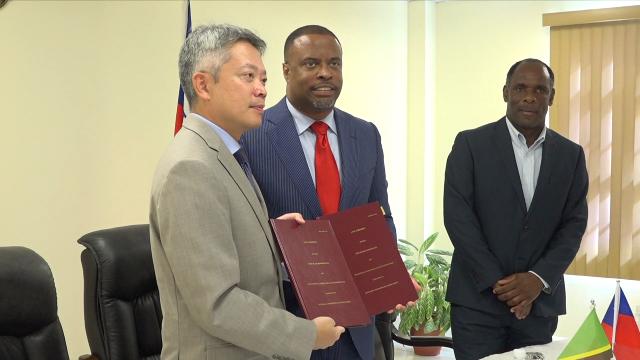BASSETERRE, ST. KITTS, AUGUST 22ND 2017 – The United States-based IPSA International, the company that Les Khan left to take up his appointment offered by St. Kitts and Nevis’ Prime Minister, Dr. the Hon. Timothy Harris as the new head of the St. Kitts and Nevis Citizenship by Investment Programme, has been slapped with a US$259,200 fine by the Washington-based Office of Foreign Assets Control (OFAC).
The Office of Foreign Assets Control (OFAC) of the United States Department of the Treasury, administers and enforces economic and trade sanctions based on US foreign policy and national security goals against targeted foreign countries and regimes, terrorists, international narcotics traffickers, those engaged in activities related to the proliferation of weapons of mass destruction, and other threats to the national security, foreign policy or economy of the United States.
OFAC acts under Presidential national emergency powers, as well as authority granted by specific legislation, to impose controls on transactions and freeze assets under US jurisdiction.
Many of the sanctions are based on United Nations and other international mandates, are multilateral in scope, and involve close cooperation with allied governments investigation services.
Last Thursday, the Office of Foreign Assets Control (“OFAC”) announced that IPSA International had agreed to pay a fine of $259,200 to settle charges that it violated the Iranian Transactions and Sanctions Regulations (“ITSR”) in connection with background investigations conducted on Iranian nationals by IPSA’s foreign subsidiaries.
“IPSA, which conducted due diligence investigations for an unnamed country’s citizenship by investment programme, when faced with vetting Iranian nationals, engaged its Dubai subsidiary to perform the tasks. That subsidiary in turn hired local background investigation contractors, working inside Iran, to obtain the information, and forward it to the US parent company, which used it in its due diligence investigations. The Iran-based contractors were thereafter paid by the Dubai subsidiary,” said Kenneth Rijock, a banking lawyer turned-career money launderer (10 years), turned-compliance officer specialising in enhanced due diligence, and a financial crime consultant who publishes.
He told Caribbean News Now that OFAC found that IPSA’s compliance programme was ineffective, with respect to the risks of the company doing business with Iran-origin background.
“The civil penalty also confirms that a large number of Iranian nationals are seeking to acquire citizenship, and passports, from low-risk countries located far from conflict zones. However, the Iran-based background investigators are in a jurisdiction where they cannot be disciplined, for negligence, or even intentional misinformation,” said Rijock.
There is no indication that Khan is accused of any wrongdoing.
In order to support the charges against IPSA, OFAC unnecessarily concocted a theory which effectively repeals Iran General License H and substantially increases the risk that U.S. companies will be fined for what had previously thought to be legal activities by foreign subsidiaries involving Iran.
At issue are two contracts entered into by IPSA: one with a foreign government (“Contract #1”) and the other by IPSA’s Canadian subsidiary with a foreign government-owned financial institution (“Contract #2). Both contracts required background checks on various individuals, some of whom were in Iran. Those background checks, including the ones in Iran, were conducted not by IPSA but by its Canadian subsidiary and another subsidiary in Dubai. OFAC concedes that both subsidiaries “managed and performed” the background investigation contracts involving the Iranian nationals.
Significantly, OFAC does not allege or claim that the results of these investigations were ever communicated by either foreign subsidiary to IPSA in the United States. Nevertheless, OFAC claims the conduct of these investigations in Iran constituted a violation of the ITSR.
In the case of Contract # 2, OFAC alleges that IPSA violated the prohibition against facilitation in section 560.208 of the ITSR when it “reviewed, approved, and initiated the foreign subsidiaries’ payments to providers of the Iranian-origin services.” That, if true, would make out a fairly clear-cut facilitation violation by IPSA.
Things get problematic, however, in the case of Contract #1. OFAC asserts that in that case, IPSA imported Iranian-origin services into the United States in violation of section 560.201 of the ITSR. This was not because the results of the background checks were communicated to IPSA in the United States because, as we’ve noted, OFAC has not alleged that occurred. It was because the background checks in Iran were conducted “for the benefit of” IPSA.
This is a troubling rationale because everything done by foreign-incorporated subsidiary of a U.S is company is “for the benefit” of the parent company in the United States. Under this benefit theory, General License H, which permits certain activities by foreign subsidiaries, is completely eviscerated.
IPSA’s signing and entering into the contract performed by the subsidiaries clearly facilitated those activities in violation of section 560.208 of the ITSR, so there was no need to suggest a violation based on a benefit theory.
It is unclear why OFAC would have chosen in the case of Contract #1 to argue importation of services under a benefit theory rather than facilitation unless it intended to create uncertainty about the proper scope of General License H.
Photo 1: St. Kitts and Nevis’ Prime Minister and Minister of Finance, Dr. Timothy Harris (left) and Les Khan (SKNIS photo)
Photo 2 – IPSA’s Phoneix Office
*This article was posted in its entirety as received by SKN PULSE. This media house does not correct any spelling or grammatical errors within press releases and (or) commentaries. The views contained within are not necessarily those of SKN PULSE.








